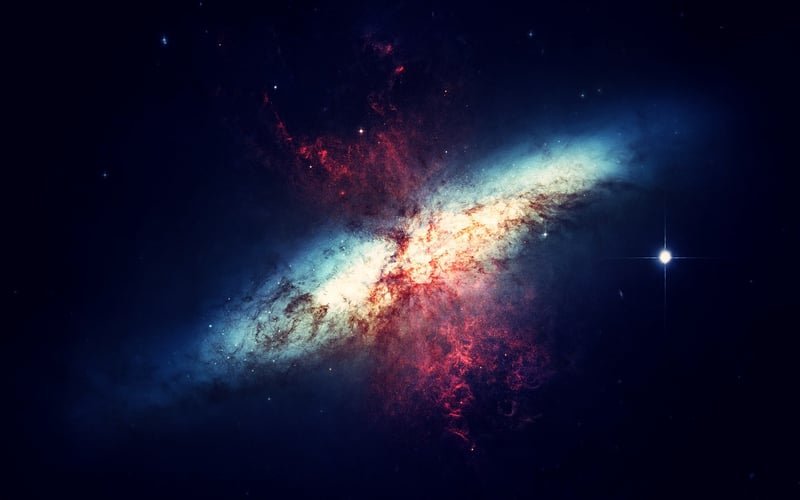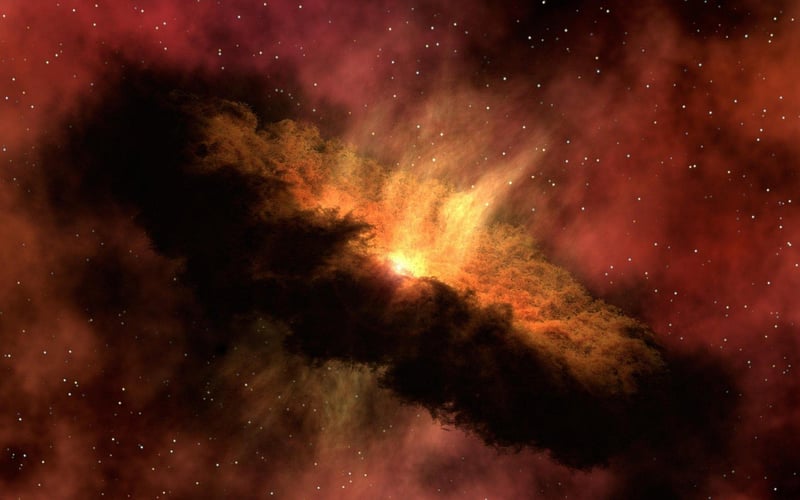Space Microbes
Exploring Life in Extreme Environments: Space Microbes
Life on Earth is incredibly diverse and adaptable, with organisms thriving in some of the most extreme conditions imaginable. From the depths of the ocean to the scorching deserts, life finds a way to persist. But what about life beyond our planet? Scientists have long been intrigued by the possibility of extraterrestrial life, especially in the vastness of space.
The Fascination with Extreme Environments
Extreme environments on Earth, such as deep-sea hydrothermal vents, acidic hot springs, and frozen Antarctic deserts, provide valuable insights into the limits of life. Studying organisms that survive in these harsh conditions helps scientists understand the fundamental requirements for life and the potential for life elsewhere in the universe.
Space Microbes: Surviving the Void
Microbes, such as bacteria and archaea, are known for their resilience and adaptability. These tiny organisms have been found thriving in environments once thought uninhabitable, leading scientists to speculate about their potential presence in space.
Studies have shown that microbes can survive the harsh conditions of outer space, including extreme temperature fluctuations, high levels of radiation, and the vacuum of space itself. Some experiments have even demonstrated that certain microbes can withstand the conditions present on Mars and other planets.
Implications for Astrobiology
The study of space microbes has significant implications for astrobiology, the branch of science that explores the possibility of life beyond Earth. By understanding how microbes survive and even thrive in space-like conditions, scientists can better assess the likelihood of finding extraterrestrial life.
Exploring the Unknown
As technology advances, researchers are increasingly able to explore the far reaches of space and investigate the potential for life beyond our planet. By studying microbes and their ability to survive in extreme environments, scientists are inching closer to answering the age-old question: are we alone in the universe?
Conclusion
Life in extreme environments on Earth and the study of space microbes offer tantalizing clues about the possibility of extraterrestrial life. As scientists continue to push the boundaries of exploration, the mysteries of the cosmos may soon reveal whether we are truly alone or accompanied by microbial lifeforms in the vastness of space.
For more information on space exploration and astrobiology, visit NASA's Astrobiology page.

